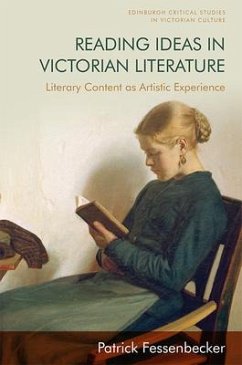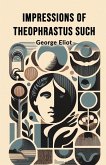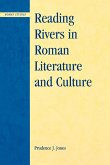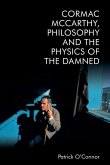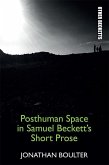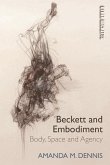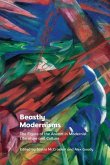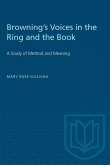Argues against the repeated emphasis on literary form and for the artistic importance of literary content It is natural to assume that if works of literature are artistically valuable, it's not because of anything they say but because of what they are: beautiful. Works of art try to say nothing, to use their content only as matter for realizing the beauty of complex form. But what if appreciating the things a work of literature has to say is a way of appreciating it as a work of art? Often dismissed as too lengthy, messy, and preachy to qualify as genuine art, in fact Victorian narrative challenges our conceptions about what makes art worth engaging. Key Features - Appeals to those interested in philosophy and literature, especially the philosophy of literature - Brings together thinkers from the analytic and continental traditions in aesthetics - Contains an updated and expanded version of the award-winning essay 'In Defence of Paraphrase' - Makes a case for why Victorian literature and Victorian moral thought are worthy of attention - Offers new readings of George Eliot, Anthony Trollope, and Augusta Webster Patrick Fessenbecker is Assistant Professor, Programme in Cultures, Civilisations and Ideas at Bilkent University.
Hinweis: Dieser Artikel kann nur an eine deutsche Lieferadresse ausgeliefert werden.
Hinweis: Dieser Artikel kann nur an eine deutsche Lieferadresse ausgeliefert werden.

